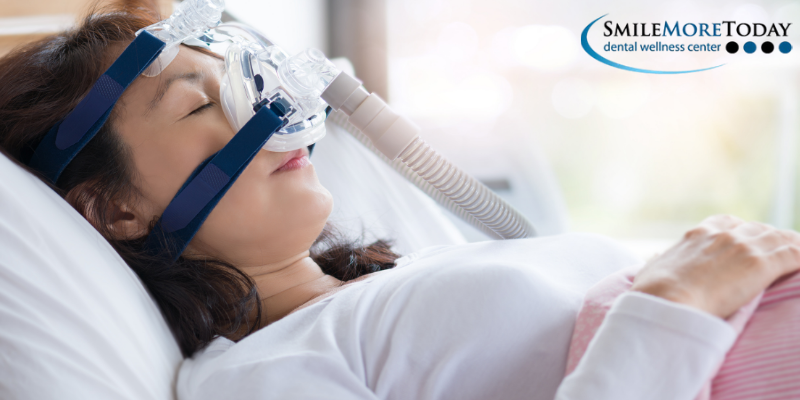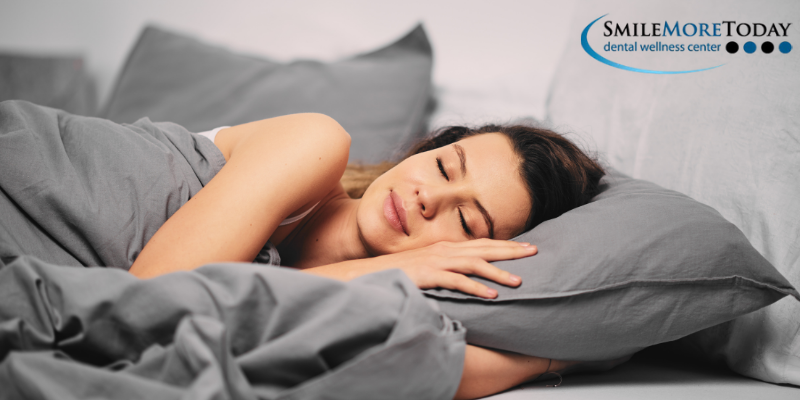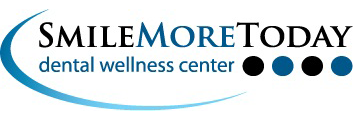
Sleep Apnea and alternatives for CPAP therapy

Obstructive sleep apnea is a sleep disorder that affects many adults today. This condition is more than snoring, it is pauses in breathing, sometimes several times in an hour. These pauses are due to obstruction, which is typically the collapse of the airway under the weight of relaxed neck and throat muscles.
By far, CPAP therapy is the primary medical treatment for men and women who suffer from obstructive sleep apnea. This device continuously delivers forced air into the airway throughout the night, pushing against relaxed muscles. Patients who are able to stick with the nightly wear of the CPAP mask and sleep soundly amidst the sounds of the bedside air compressor machine do find that their sleep, and their health, is greatly improved.
Though CPAP may be a suitable treatment option for some, it is not right for everyone. Research shows that as many as fifty percent of CPAP patients fail to comply with the prescribed use of this therapy. When issues such as skin irritation, dry throat/nose, nightmares, and feelings of claustrophobia occur, one can struggle a great deal in his or her commitment to treatment. Fortunately, there are various alternatives for CPAP therapy, one even found in the Vernon Hills or Chicago office of Dr. Kumar.
Is sleep position helpful?

For some people, obstructive sleep apnea occurs when they sleep on their back. In such instances, where breathing stops only when back sleeping and only moderately, a change in position may be a viable solution. The typical method of maintaining a side-sleeping posture is to place pillows or a tennis ball behind the back. Some people go to the extreme of sewing a ball into their nightshirt.
If loud snoring and apnea episodes occur in side-position as well, or apnea is more severe, changing the sleep position will only be moderately helpful and should be used as more of a secondary remedy, accompanied by other non-invasive treatments like oral appliance therapy.
“Dental” treatment for obstructive sleep apnea?
Snoring and obstructive sleep apnea may seem like a medical condition but, when you think about it, dentists are very familiar with the entire oral anatomy. Dr. Kumar has helped many men and women from the find relief from snoring and obstructive sleep apnea with non-invasive oral appliance therapy. Oral appliances for obstructive sleep apnea are comfortable and discreet; they go where you go, so even if you travel you can be sure to get the sleep you need.
Obstructive sleep apnea is a serious condition with very serious effects. To find out if your snoring is really sleep apnea, or to treat confirmed obstructive sleep apnea with a CPAP alternative, call 847-247-1700 or visit SmileMoreToday.




